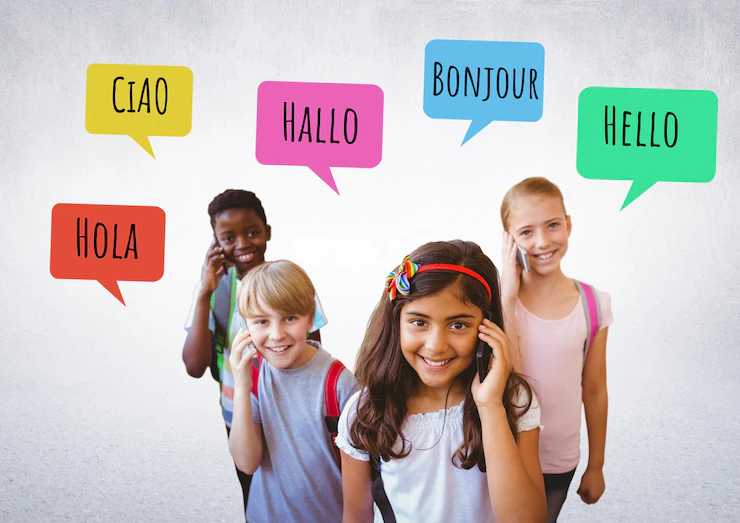Introduction
In South Africa, a country rich in cultural diversity and multiple languages, South African fathers play a crucial role in supporting their children’s language development. Raising multilingual children offers numerous benefits, including improved cognitive abilities, enhanced cultural understanding, and expanded opportunities in an increasingly interconnected world. In this article, we will explore the importance of language development, practical strategies for raising multilingual children, and the positive impact it can have on their personal and academic growth.
The Importance of Language Development
- Cognitive Advantages: Language development in early childhood is closely tied to cognitive development. Multilingual children tend to have stronger problem-solving skills, better memory retention, and enhanced overall cognitive abilities.
- Cultural Understanding: Learning multiple languages exposes children to different cultures, traditions, and perspectives. It fosters an appreciation for diversity, promotes cultural understanding, and prepares them to thrive in a globalized society.
- Communication Skills: Multilingual children often demonstrate advanced communication skills, including better listening, comprehension, and verbal expression. They are more adept at adapting their communication style to different contexts and audiences.
Practical Strategies for Raising Multilingual Children
- Create a Language-rich Environment: Ensure that the home environment supports the use of multiple languages. Encourage family members to communicate in different languages, provide age-appropriate books, music, and movies in various languages, and expose children to diverse language-learning resources.
- Consistency and Repetition: Consistency is key in language development. Designate specific times for using each language, such as mealtime or storytelling sessions. Consistently exposing children to different languages helps them develop familiarity and fluency.
- Embrace Language Mixing: Language mixing, or code-switching, is a natural part of multilingualism. Encourage children to embrace language mixing in their daily conversations, as it promotes fluency and flexibility in using different languages.
- Engage with Native Speakers: Encourage interactions with native speakers of each language. This can be done through playdates, community events, or online language exchange platforms. Exposure to native speakers helps children develop proper pronunciation, intonation, and cultural nuances.
- Incorporate Language into Daily Activities: Integrate language learning into daily activities and routines. Label objects around the house, play language learning games, sing songs, and tell stories in different languages. This makes language learning fun and interactive.
- Support Language Learning Outside the Home: Encourage participation in language immersion programs, language classes, or cultural events where children can practice their language skills with peers and native speakers.
The Positive Impact on Personal and Academic Growth
- Cultural Identity: Multilingualism allows children to connect with their cultural heritage and develop a strong sense of identity. It empowers them to navigate different cultural contexts with confidence and pride.
- Expanded Opportunities: Proficiency in multiple languages opens doors to broader educational and career opportunities. In an increasingly globalized world, multilingual individuals are sought after for their language skills and cultural adaptability.
- Cognitive Flexibility: Multilingualism enhances cognitive flexibility, enabling children to think more creatively, adapt to new situations, and solve problems from multiple perspectives.
- Improved Academic Performance: Research suggests that multilingual children often perform better academically, particularly in subjects such as reading, writing, and math. Language skills positively impact overall cognitive development.
Conclusion
South African fathers play a vital role in raising multilingual children, fostering language development, and embracing the rich linguistic diversity of the country. By creating a language-rich environment, promoting consistency, and supporting language learning activities, fathers can empower their children to become confident, culturally aware, and academically successful individuals. Let us celebrate the linguistic diversity of South Africa and encourage fathers to embrace the journey of raising multilingual children, knowing that it is an investment in their children’s future success and personal growth.










